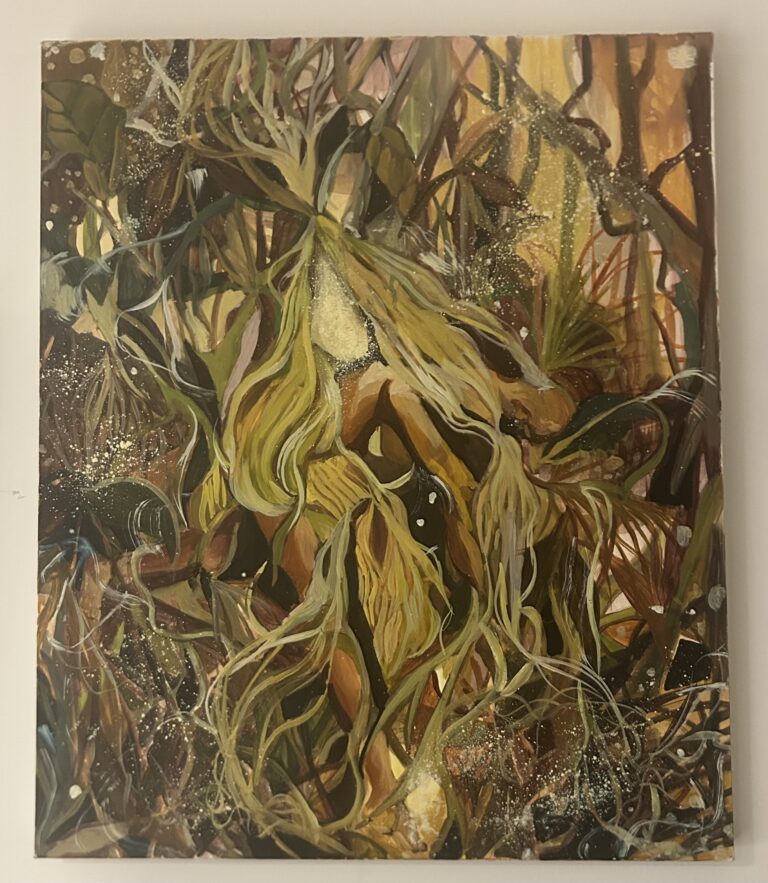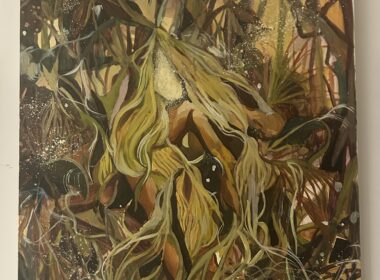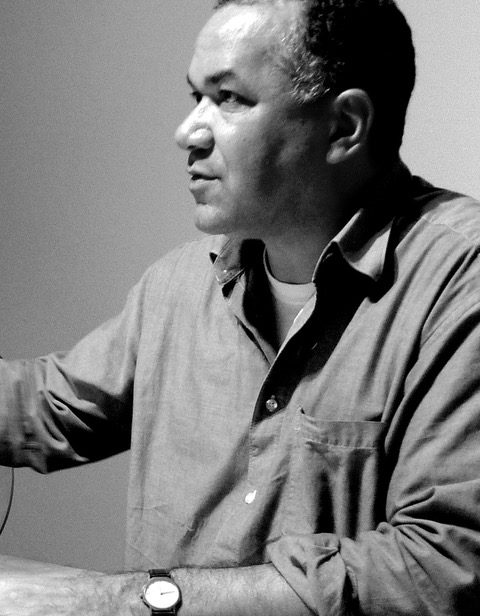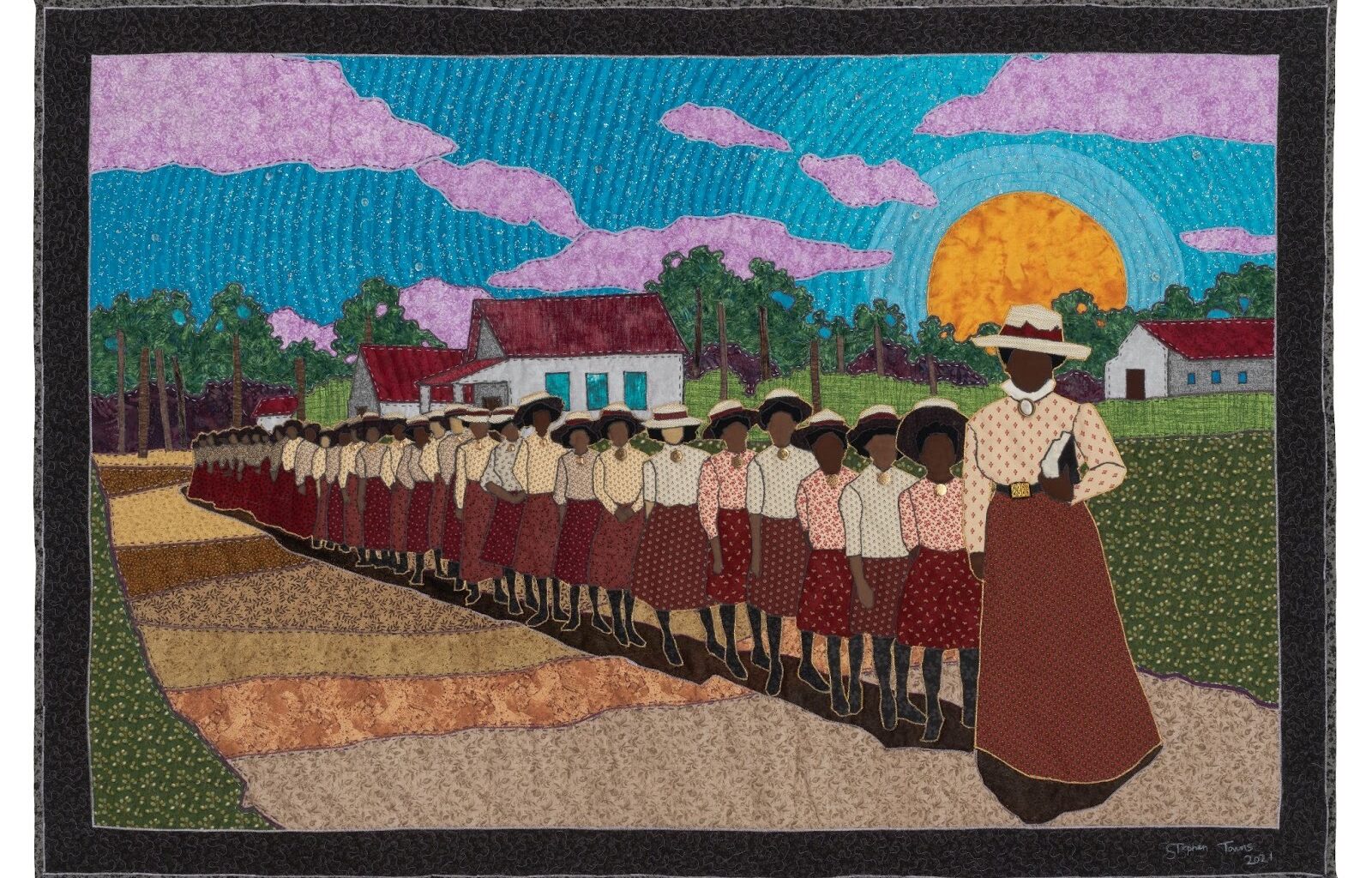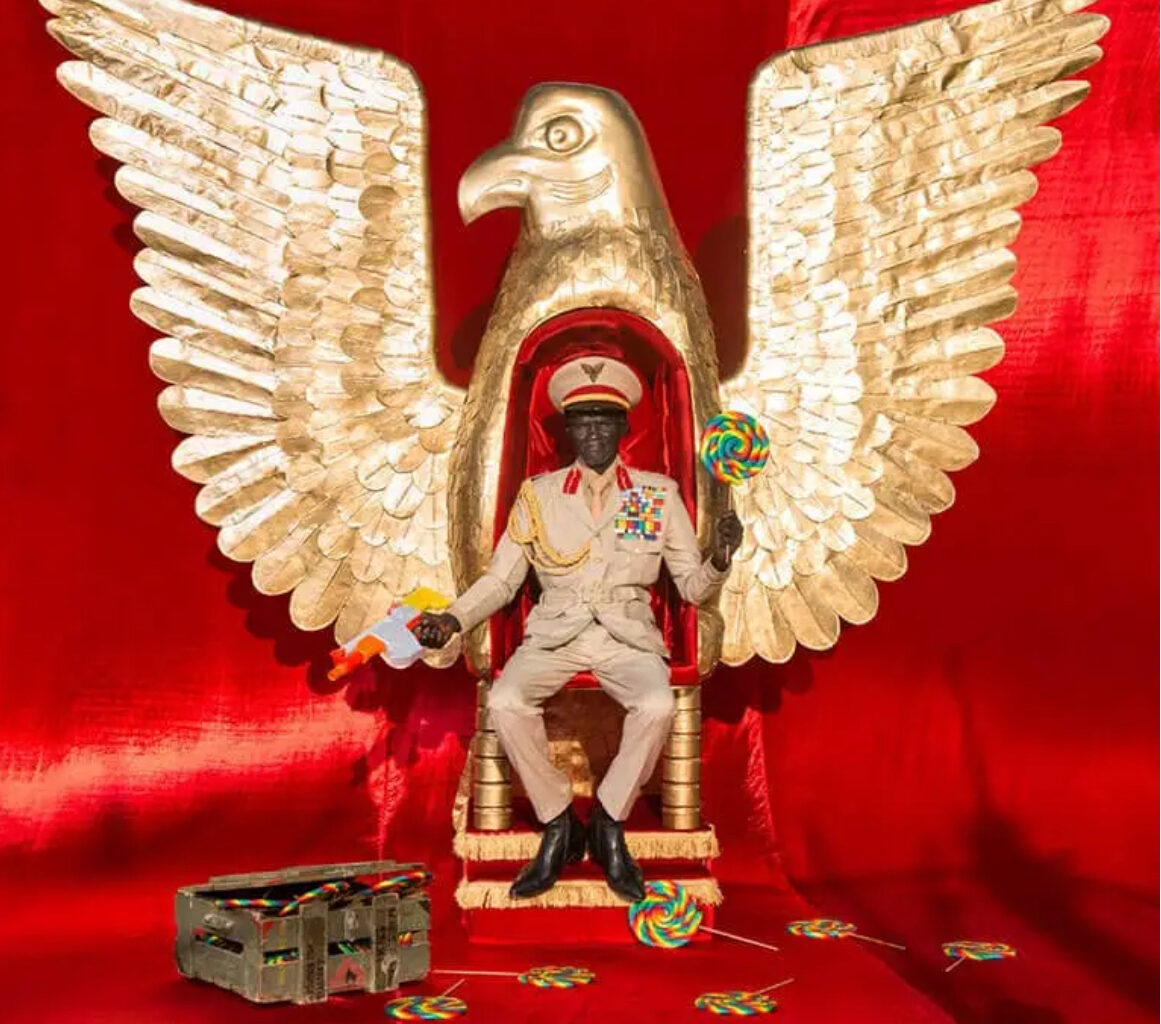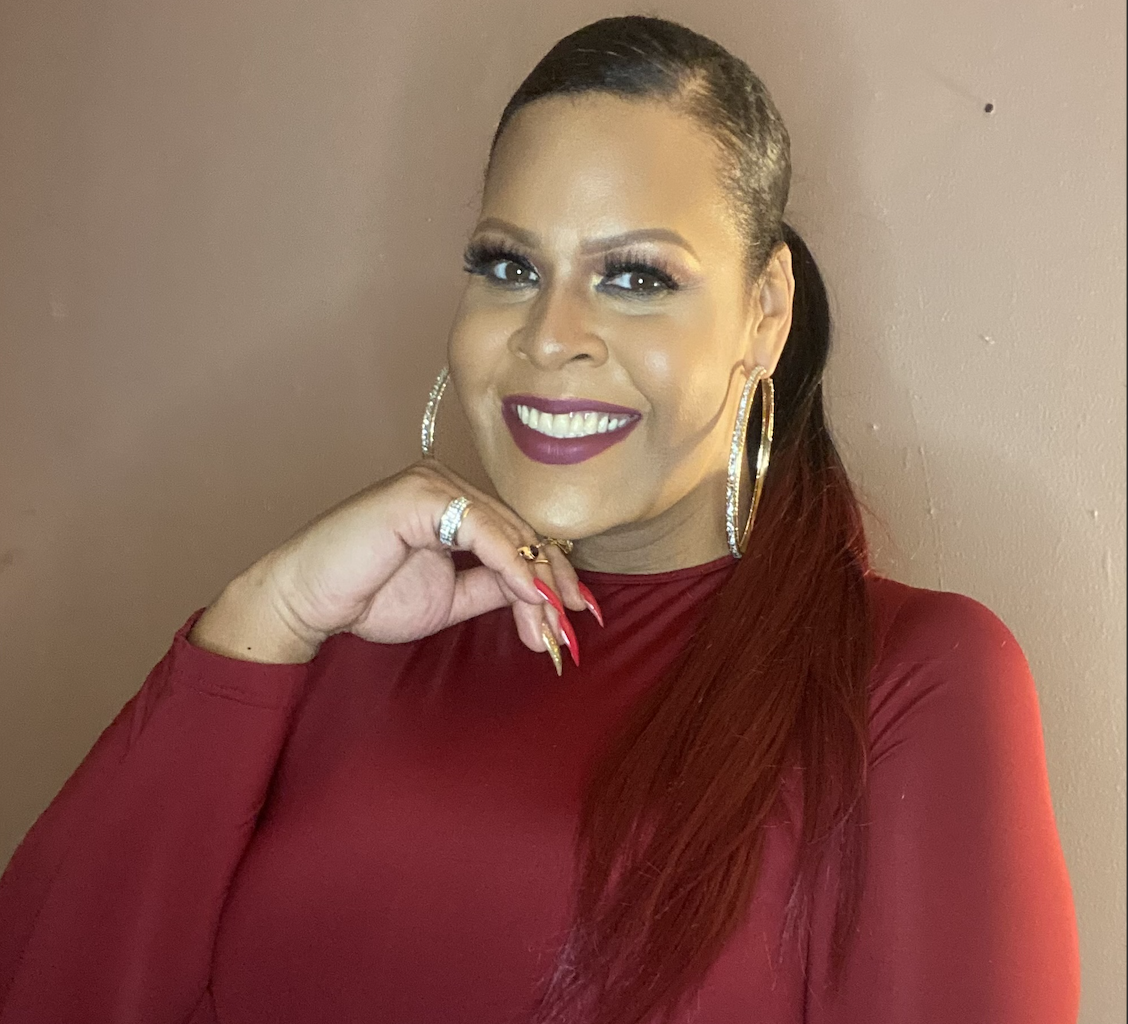As the world continues to grapple with the effects of Covid-19 and countries and industries attempt to pivot, in a bid to regain some semblance of normalcy, the Caribbean region, too, is effectively and strategically embarking on hosting meaningful dialogue. On November 3, 2021, Trinidad and Tobago-born architect and educator Mark Raymond joins a distinguished group of Caribbean museum professionals to provide the keynote to discuss cultivating resiliency and what it means during a global health crisis. Though virtual, this year’s Museums Association of the Caribbean Conference(MAC) will see Raymond connect with intellectuals from over 15 Caribbean countries as they weigh in on MAC’s theme of “Cultivating Resilience in Museums and Cultural Heritage Sites.” His experience and knowledge in a wide range of areas related to architectural education, in addition to his intellectual capabilities as a lecturer in the field, position Raymond astutely within this meeting of like minds. Raymond is the current Director of the Graduate School of Architecture at the University of Johannesburg, South Africa. Attendees can register for the conference at https://caribbeanmuseums.com/maccon2021/.
As the keynote speaker, Raymond will delve into the role that Caribbean museums and architecture can play in helping the world responsively engage its past, embrace its unprecedented contemporary struggles and imagine its future. The theme of his address, “Soon Come: Anticipating Memory,” will hear London’s Architectural Association graduate commence the three-day annual conference and general meeting, delivering what will undoubtedly be a keynote address that promises to be as engaging as it will be thought-provoking. “The Caribbean is central to my own life, my work, and my research, and I’m looking forward to sharing my reflections on the intersection between my own practice as a Caribbean architect and educator and the theme of the conference, and certainly the work of the MAC community,” said Raymond. Admitting that he personally feels this is a particularly important moment in time, considering the global pandemic, climate change, and political upheaval around the world, Raymond explained that these occurrences all represent a radical transformation from a very particular, universalized and centralized, and seemingly now-discredited view of the world. “Culture, creative practice, and curatorial practice all play a critical role at this moment, and as we collectively hold the present and try and imagine and speculate upon a resilient future, it is critical that we learn from and reassess what has come before,” he noted.
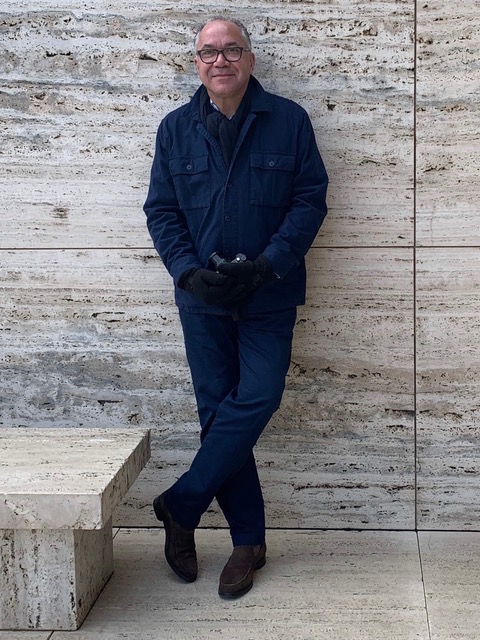
Above: Mark Raymond
Raymond looks to share his vast knowledge, highlighting his view of architecture’s influence on Caribbean culture and vice versa. “The project of the museum is an active site and nexus for such reflection and is also a perennial and enduring theme for architecture both typologically and metaphorically. The cultivation of resilience in relation to both the idea of the museum and the wider landscape is a critical conversation,” he explained.
Those attending this year’s event are certainly in for an awakening of sorts, as they’ll likely walk away with concepts that remind them of the connection each individual and their professions have in molding the cultural landscape we all share. “It’s important to step outside of what we do every day and reflect on how and why we do what we do. I hope that people will be reminded that while we toil away every day in our roles, carrying out our personal, familial, and societal responsibilities, we can easily lose sight of the value, intention, and relevance of our work and how all of our activities, directly and indirectly, contribute to the formulation of culture,” he said.
Between November 3rd and 5th, the virtual atmosphere in the Caribbean will be abuzz with excitement and engagement as this collective Caribbean view is presented and discussed, intimately experienced, with even a virtual museum tour of cultural heritage spaces in The Bahamas carded to take place. As someone who has worked on architectural and urban design projects throughout the Caribbean, the Trinidad and Tobago native says he is thrilled to be part of this particular meeting and expects that it will bring about significant change in its aftermath. “I recently relocated to South Africa as Director of the Graduate School of Architecture. I’m immersed in the process of absorbing and learning about – and also learning from – an extraordinary city of cultural confluences – Johannesburg,” explained Raymond, adding, “We often reference European or North America when modeling culture, but having spent most of my life working within Caribbean culture, my experience in South Africa has allowed me a view of the Caribbean from outside. I find myself every day, being reminded of differences between the culture in South Africa and the Caribbean culture.”
Raymond said he is often reminded of the depth and richness of Caribbean culture and society, explaining that Caribbean intellectuals’ collective knowledge of Caribbean history, literature, art, architecture, of Caribbean cities, landscapes, and people, constitutes an extraordinary corpus of dynamic and valuable knowledge that simply cannot be ignored.
